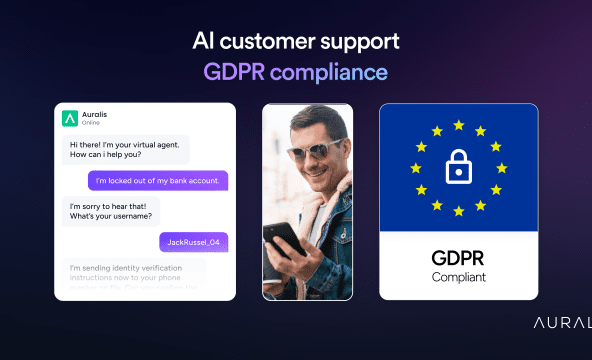AI regulatory compliance
AI regulatory compliance is a critical aspect of integrating artificial intelligence into business operations, ensuring that AI systems adhere to legal and ethical standards. As AI becomes increasingly prevalent across industries, governments and regulatory bodies are implementing guidelines to safeguard data privacy, security, fairness, and transparency. Adhering to these regulations is essential for businesses that want to avoid legal repercussions and maintain trust with their customers.
One of the primary areas of focus in AI regulatory compliance is data privacy. AI systems often rely on large volumes of personal data to function effectively. Laws such as the General Data Protection Regulation (GDPR) in the European Union and the California Consumer Privacy Act (CCPA) in the United States impose strict rules on how businesses can collect, store, and use customer data. AI systems must be designed to comply with these laws, ensuring that personal information is handled securely, that individuals’ rights are respected, and that data is not retained longer than necessary.
In addition to data privacy, AI regulatory compliance also addresses issues of fairness and non-discrimination. As AI systems learn from data, they can inadvertently perpetuate biases present in the data they are trained on. This can result in discriminatory outcomes, such as biased hiring decisions or unfair credit scoring. To comply with anti-discrimination laws, businesses must ensure their AI systems are regularly audited and tested for bias. This involves using diverse training data, implementing fairness algorithms, and providing transparency into how decisions are made by AI models.
Transparency is another key principle of AI regulatory compliance. Businesses must ensure that AI systems are explainable and that customers understand how their data is being used and how decisions are being made. Regulatory frameworks like the EU’s proposed Artificial Intelligence Act emphasize the need for AI to be explainable, particularly in high-risk applications like healthcare, finance, and law enforcement. Companies must be prepared to provide explanations of AI decision-making processes, ensuring that customers and regulators can assess the fairness and accuracy of AI systems.
AI regulatory compliance also includes ensuring that AI systems are secure. With AI applications often being used to process sensitive data, it is essential to implement robust cybersecurity measures to protect against data breaches, hacking, and other malicious activities. This means incorporating encryption, secure data storage, and access controls into AI systems to safeguard customer information and maintain regulatory compliance.
Lastly, companies need to stay updated with evolving regulations. AI technology is advancing rapidly, and regulatory bodies are continuously revising and updating their rules to address new challenges. Businesses must regularly review and update their AI systems to stay in line with new compliance requirements.
In conclusion, AI regulatory compliance is a multifaceted process that encompasses data privacy, fairness, transparency, security, and the continuous monitoring of regulatory developments. By adhering to these standards, businesses can mitigate legal risks, build customer trust, and ensure that their AI systems contribute to a fairer and more secure digital ecosystem.

- Articles
-
 Amy
Amy
- 5 min read
